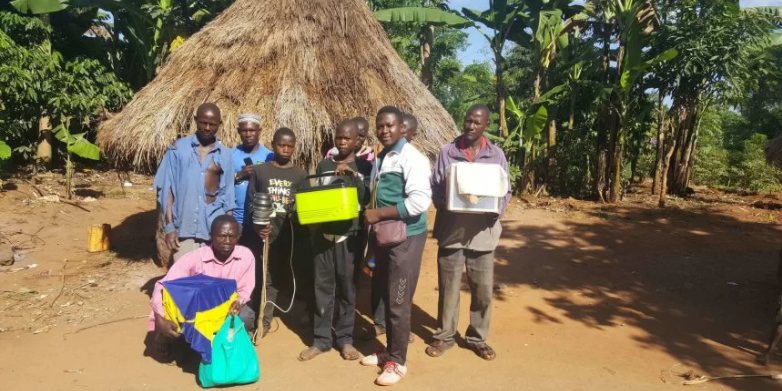Uganda presents one of three sites (Mozambique and Cameroon inclusive) with high insecticide resistance profile as research carried out by scientists at the Centre for Research in Infectious Diseases (CRID) reveal.
Under Prof Charles Wondji’s Wellcome Trust Senior Fellowship project, a team of researchers from CRID have kick-started the journey of temporal monitoring of insecticide resistance escalation in Uganda. The first step was principally the collection of indoor resting mosquitoes.
Every morning for fourteen (14) days, indoor resting mosquitoes were collected using electric aspirators. Researchers were assisted by volunteer field workers who were previously trained on this collection technique and on how to handle the mosquitoes collected.

Mosquitoes were collected in two districts in Eastern Uganda, Busia and Mayuge which were identified as sites with high density of mosquitoes.
Found in Eastern Uganda, the population of Busia and Mayuge use impregnated bed net as the major vector control tool – standard and PBO-based nets from the mass campaign of 2016-2017 were found in use in these villages.
Collected mosquitoes were made to lay eggs and were brought to the insectary for the rearing of F1 generation to be used for bioassays.

Researchers reveal that, by the end of March 2020, the first results on the resistance profiling will be known and evidence generated from this research will serve as springboard to Uganda’s National Malaria Control Programme.
“The completion of this Research will have practical implications for decisions on resistance management taken by the National Malaria Control Programme in this country and help to ensure the continues effectiveness of existing and novel insecticide-based control interventions” says Medical Entomologist on the field Magellan TCHOUAKUI.






